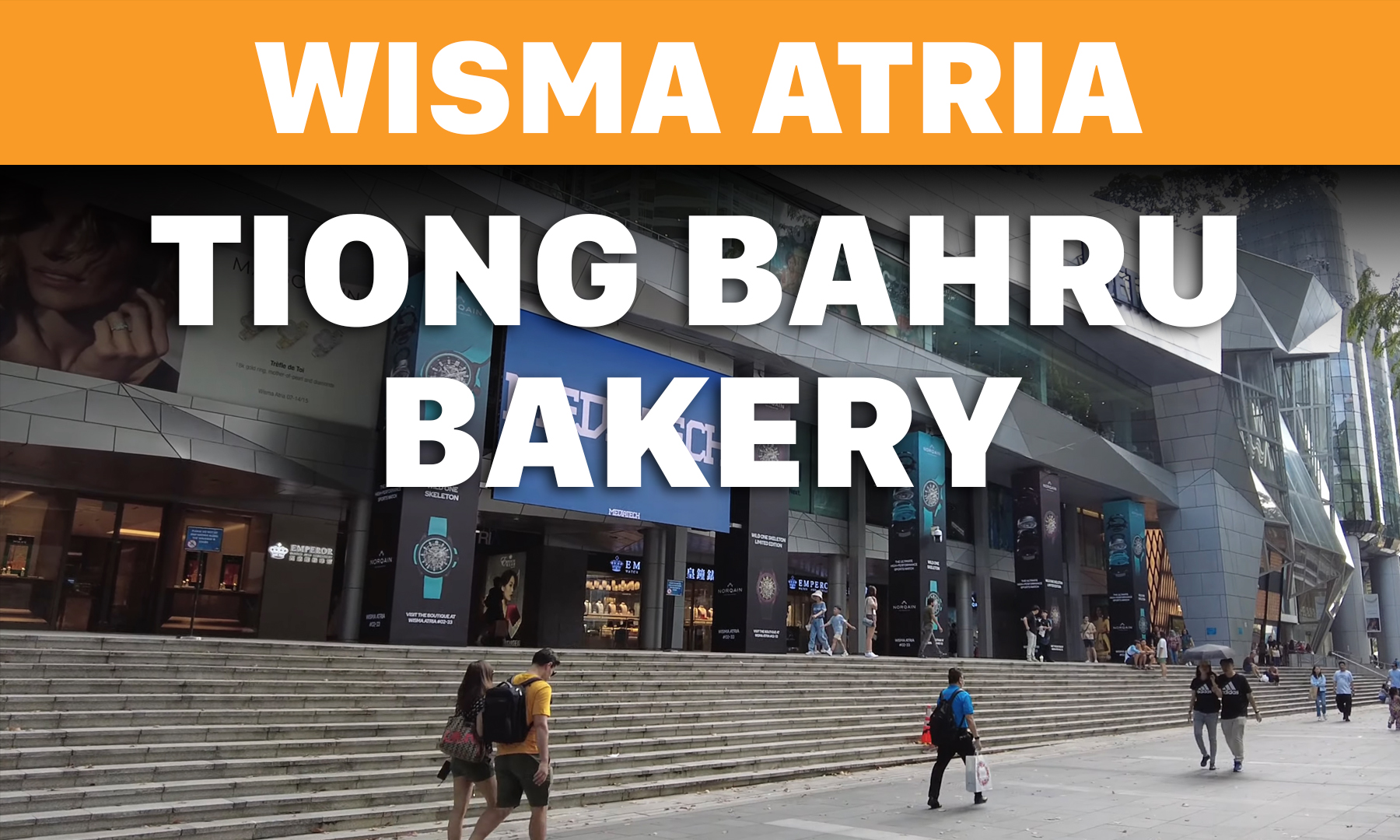Navigating the Pandemic: The Singaporean Experience of Fear and Emotional Heightening


The COVID-19 pandemic brought about unprecedented challenges globally, and Singapore was no exception. As the nation faced the uncertainty and potential dangers posed by the virus, it is understandable that many Singaporeans experienced heightened emotions, including fear and self-justification. In this article, we explore the reasons behind these reactions and reflect on the impact they had on individuals and society as a whole.
Fear and its Effects:
Fear is a natural human response to perceived threats, and the pandemic certainly triggered a surge of fear among Singaporeans. The fear of contracting the virus, concerns about loved ones' health, and the economic repercussions all contributed to heightened emotions. This fear was further amplified by the constant influx of information and news updates, sometimes leading to overwhelming anxiety.
Emotional Heightening:
Fear often leads to emotional heightening, as individuals grapple with their worries and anxieties. In Singapore, this emotional intensity manifested in various ways. Some people became excessively cautious, meticulously following safety protocols to minimize any potential risks. Others might have exhibited anger or frustration, blaming others for perceived lapses in compliance or the spread of the virus. This emotional heightening was, in part, a coping mechanism and an attempt to regain a sense of control in an unpredictable situation.
Self-Justification:
Self-justification is another common response during times of crisis. Individuals may justify their actions, beliefs, or attitudes to maintain a sense of consistency and protect their self-image. In the context of the pandemic, Singaporeans may have sought validation for their choices, such as strictly adhering to safety measures, avoiding social gatherings, or expressing strong opinions on public health policies. This self-justification aimed to alleviate anxiety and reinforce a sense of personal responsibility.
Impact on Society:
While fear and emotional heightening are natural responses, it is crucial to recognize their impact on society. Excessive fear and emotional intensity can lead to divisions, hostility, and a lack of empathy towards others. Singaporeans may have become quick to judge those who had differing views or approaches to managing the pandemic. The collective anxiety could also have contributed to the spread of misinformation or the demonization of certain groups, hindering efforts to foster unity and cooperation.
Moving Forward:
To navigate the challenges of the pandemic effectively, it is essential for individuals and society to find a balance. Recognizing and acknowledging fear and emotional responses is the first step towards building resilience and empathy. Engaging in open and respectful dialogue, grounded in scientific evidence, can help dispel misconceptions and reduce unnecessary anxiety. By fostering a sense of community and understanding, Singaporeans can work together to overcome the challenges of the pandemic.
The COVID-19 pandemic evoked intense emotions among Singaporeans, with fear and self-justification playing significant roles in shaping individual and collective responses. While these reactions were natural, it is crucial to address their potential negative impacts on society. By fostering empathy, understanding, and open dialogue, Singaporeans can navigate the pandemic more effectively and emerge stronger as a united community. Together, we can overcome the challenges and build a resilient future.




























.jpg)







































































